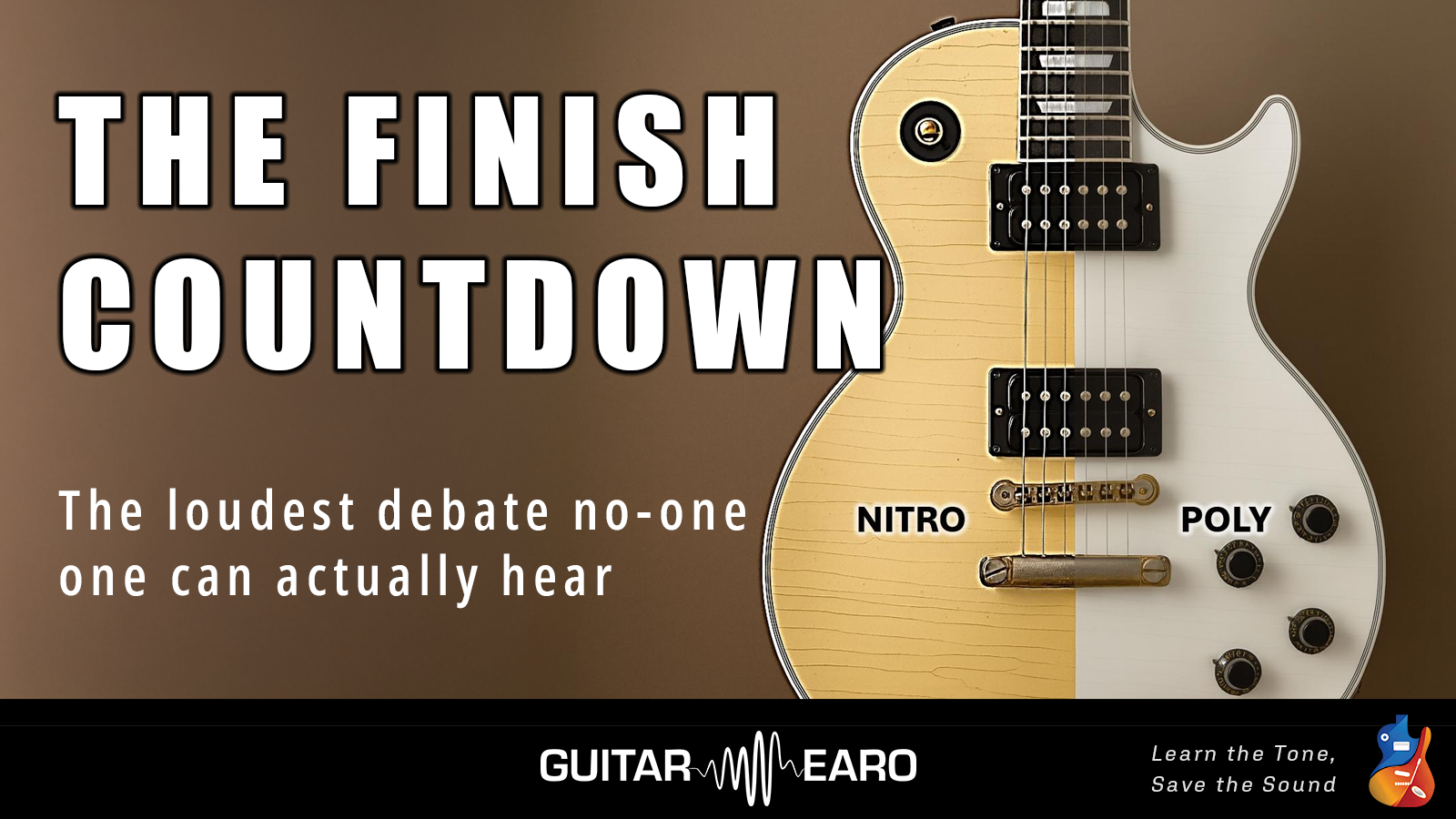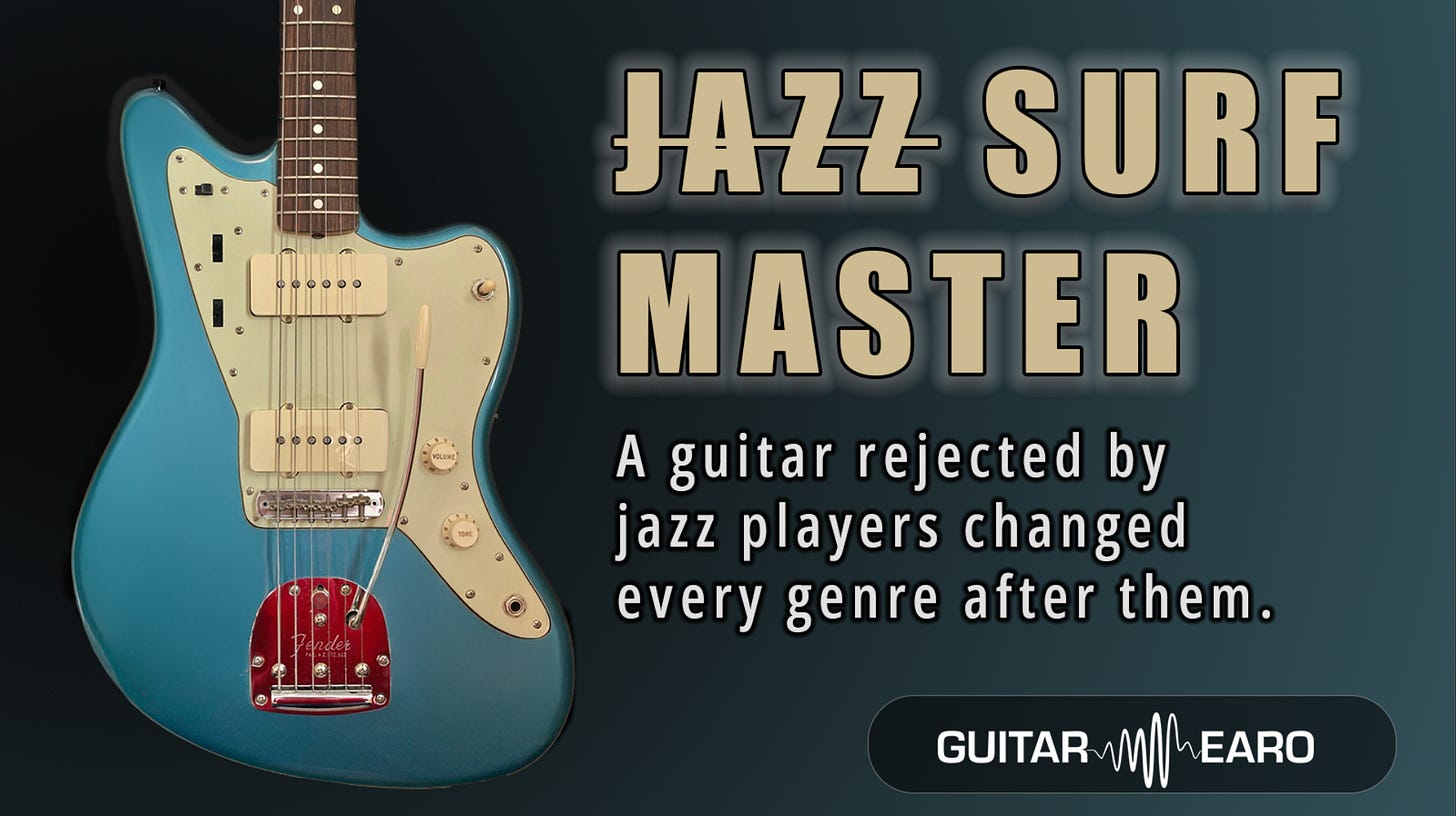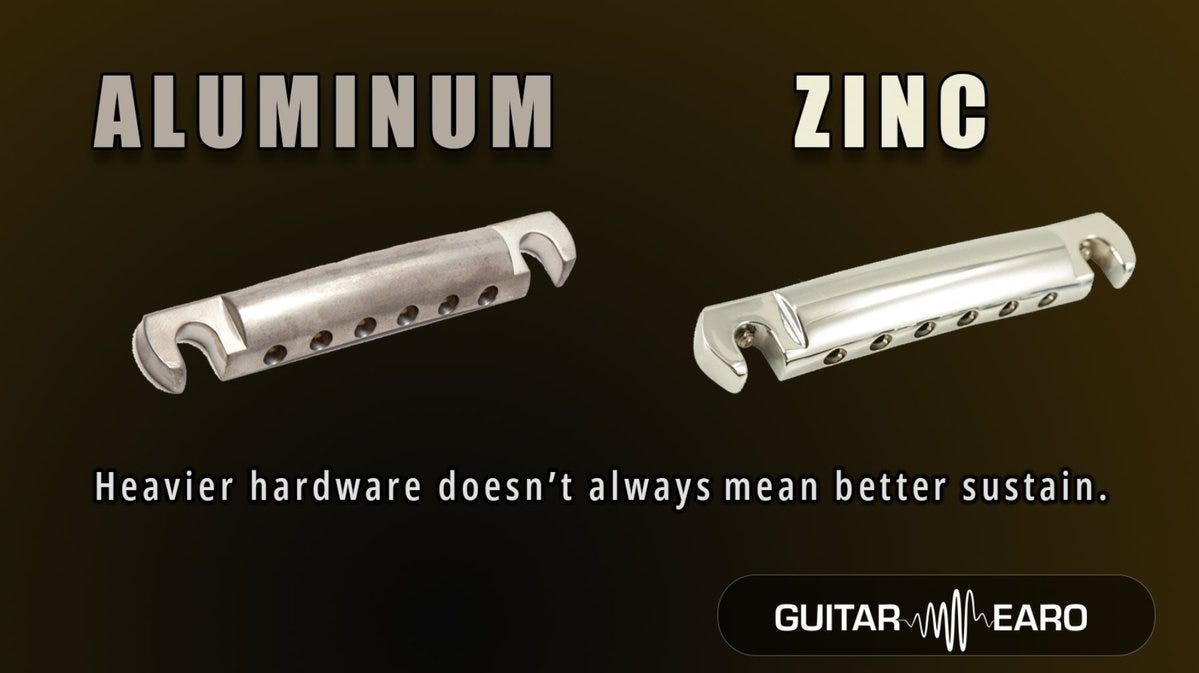The Guitar Finish Debate, Settled at Last
“Nitro always sounds better.”
That might be the most stubborn myth in <a href="colour-and-tone-a-myth-with-a-kernel.html">guitar tone</a>.
For decades, guitarists have argued about nitrocellulose vs. polyurethane finishes. Nitro is “vintage, thin, letting the wood breathe.” Poly is “modern, thick, plastic, and dead.”
But when you move from forum opinions to actual measurements, the story looks very different.
The Theory
The argument goes like this:
Nitro: Thin coat, less damping → more resonance.
Poly: Thick, harder coat → kills vibration.
It sounds convincing. But is the chemistry really what matters?
What the Measurements Show
When researchers and builders tested it, here’s what they found:
Thin nitro vs. thin poly → indistinguishable in sound.
Thick poly → adds mass and a touch of damping, but only fractions of a decibel.
Fender’s own R&D team published results showing no measurable spectral difference between nitro and poly when applied in thin coats. Independent luthiers have replicated it and even run double-blind player tests.
The result? Players couldn’t tell them apart.
So Why Does Nitro “Sound Better”?
Because nitro is different, but not in the way people expect.
Aging: Nitro yellows, cracks, and develops patina. Guitars look and feel alive in a way poly rarely does.
Psychology: If you spend $5,000 on a Custom Shop nitro-finished guitar, you’ll likely “hear” what the brochure promised. That’s confirmation bias at work, your brain fills in what the spectrum doesn’t.
The Real Takeaway
Tone isn’t about nitro vs. poly. It’s about thickness and build quality.
A thin poly can resonate as freely as nitro.
A thick coat of either can dampen slightly.
The wood, <a href="high-vs-low-the-eternal-pickup-output.html">pickups</a>, and construction dominate the sound, not the lacquer label.
So let’s put it to rest: Nitro doesn’t guarantee magic. Poly doesn’t kill tone.
The finish debate is nostalgia, not physics. 🎸
👉 If you enjoyed this myth-busting dive, share it with a tone-obsessed friend and subscribe to to learn the science of guitar sound.
Learn the Tone. Save the Sound.




